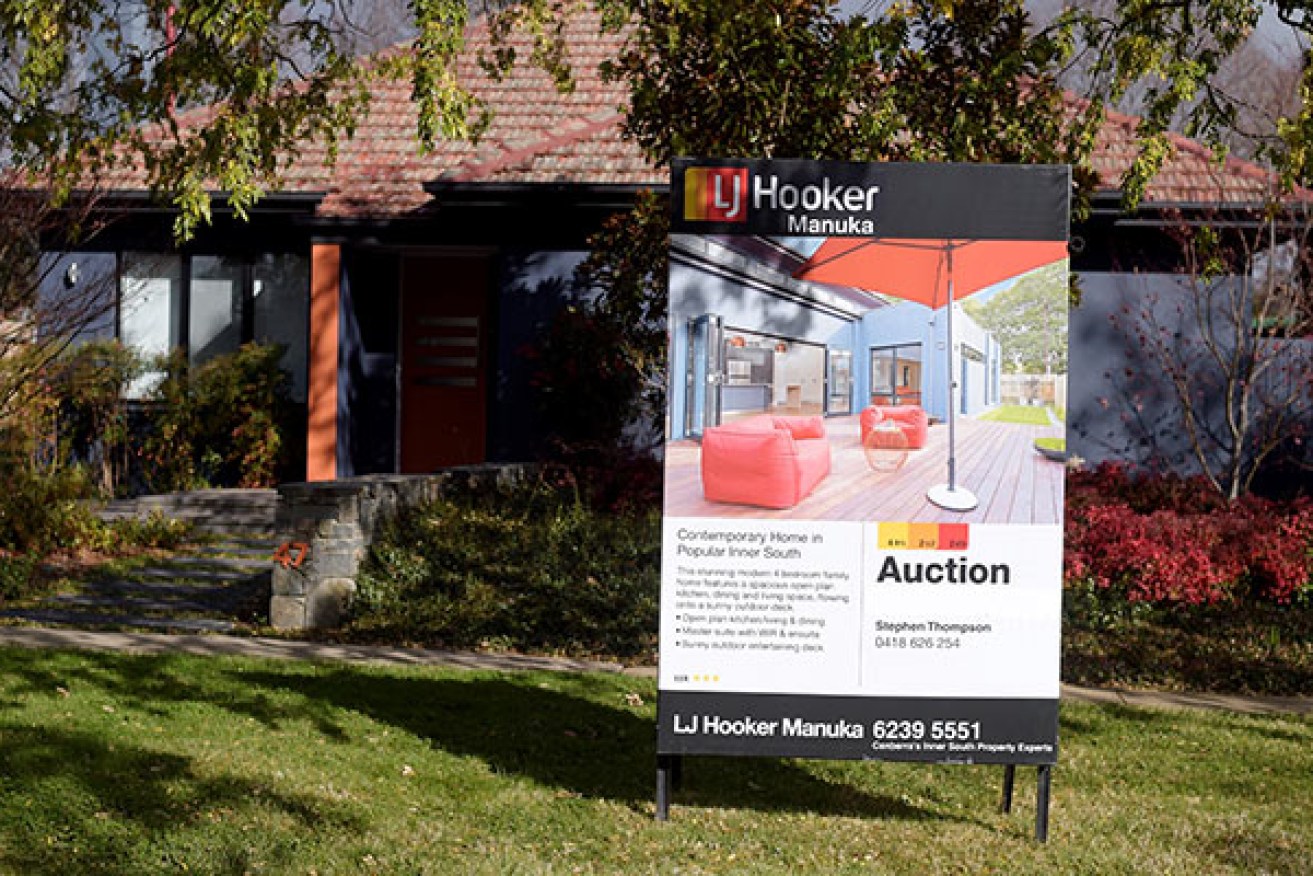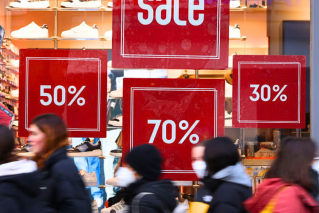Why banking on cheap rates is a risky strategy


There has been a lot of housing news in the past 24 hours, and it isn’t good – unless, that is, you’re about to sell a property in Sydney where the Australian Bureau of Statistics says prices have risen 13.1 per cent in a year. You’ll do very well.
But what about the rest of the country? The average price of a residential dwelling, across both houses and apartments, is $576,100.
That’s 7.2 times the average full-time annual earnings ($80,000).
• We explain the debate over negative gearing
• Add $100,000 to the value of your home
• First home investors suffering worst of all
That comparison is increasingly misleading, however, given that nearly one-fifth of the workforce is either under-employed or unemployed.
When actual average annual earnings ($59,000) are used as the benchmark, the average dwelling is 9.8 times earnings.
The market is still being driven by largely debt-funded investors, and a few brave first homebuyers.
Reports in the national media suggesting the market is being distorted by foreign buyers are, in this commentator’s opinion, overdone and potentially xenophobic.
It’s convenient to blame wicked Malaysian and Chinese buyers, rather than face a more obvious truth. Australia’s tax and financial systems have created a record-breaking private debt situation that will be almost impossible to unwind without severe pain.
Implicit in the continuing bidding frenzy is a belief that Australian interest rates will remain very low, for a very long time. This stems partly from a misguided belief that kindly Uncle Glenn Stevens at the Reserve Bank can keep monetary policy this loose for as long as he likes. He can’t.

Cheap money invested in housing has a tendency to become very expensive. Photo: Shutterstock
Stevens’ job is to keep inflation in the two to three per cent band. It’s currently running at a very low 1.3 per cent, which is why the RBA’s cash rate is at the emergency setting of two per cent. And the RBA may still cut again.
But that knowledge is dangerous in the hands of ebullient housing investors. If Uncle Glenn cuts rates, the party can continue, right?
Well no. The RBA doesn’t have the power to resist global forces that can push up both inflation and borrowing costs even when the domestic economy is weak.
Nobody knows for sure where interest rates will be by the end of next year, but there are a number of ‘known knowns’, as Donald Rumsfeld might have put it.
Let’s start with the Australian dollar. It will continue to edge down and that will bring imported inflation as overseas goods get more expensive – particularly our biggest weekly purchase, petrol, which is increasing in price even before the dollar fall is taken into consideration.
Then there’s the financial crisis du jour, Greece. One minute the EU and IMF are frog-marching the hopelessly indebted nation into yet another series of bailouts and fiscal reforms; the next, the deal is collapsing. At the time of writing it looks like the deal will be done by week’s end.
But this crisis has been rolling since 2010 – more than enough time for the global banking system to put provisions in place to stop the kind of cascading credit freeze we saw in 2009.
Why is this connected to interest rates? Because while it’s spooking investors temporarily, it won’t continue to do so into 2016.
This has been evident in 10-year Treasury bond yields. They were shooting up two weeks ago, but took a breather last week when the Greek deal seemed to be falling apart.
That is, investors nervous about Greek fallout were using Treasury bonds as a temporary haven.
And guess what? As soon as the deal looked to be back on, investors started offloading Treasury bonds with a vengeance to put their money into better yielding assets. Bond yields – effectively the ‘interest rate’ – began rising again.
Whether or not Greece leaves the eurozone, it will not trigger the kind of global deflation and recession seen after 2009, so in the longer term it will not send global borrowing costs lower.

Sydney house auctions – good for sellers, not so good for first homebuyers.
The third ‘known known’ is the Federal Reserve – the US version of our Reserve Bank. The signals that it will raise interest rates in September are getting stronger, and so are the economic indicators that will lead it to do so. That tightening will push bond yields higher as more investors dump safe-haven bonds for better returns elsewhere.
And the final ‘known known’ is next year’s federal election. Whether it’s the Coalition or Labor forming government next year will have little effect on interest rates.
The government could, in theory, help the RBA to stimulate the economy by spending more. However, for better or worse, ‘debt and deficit’ has become such a powerful political narrative that neither side will win power by talking up large borrow-and-spend stimulus plans.
On the other hand, neither side of politics will get away with drastically cutting the budget. The Abbott government tried some savage cuts (in certain areas, though not overall) in 2014 and was hammered in the opinion polls.
The public spending component of final demand, therefore, will be about the same no matter who wins in 2016.
Put together, these ‘known knowns’ paint a scary picture. The government can’t stimulate the economy, nor can it afford to withdraw spending to balance the books. The Greek glitch will come and go. And the only constants are the falling dollar, rising cost of imports, rising cost of oil and the Fed reining in an extraordinary period of low interest rates.
For Australia, that spells trouble for those who expect to enjoy Christmas 2016 with almost-free money from Uncle Glenn – something every buyer should consider before next Saturday’s auctions.








